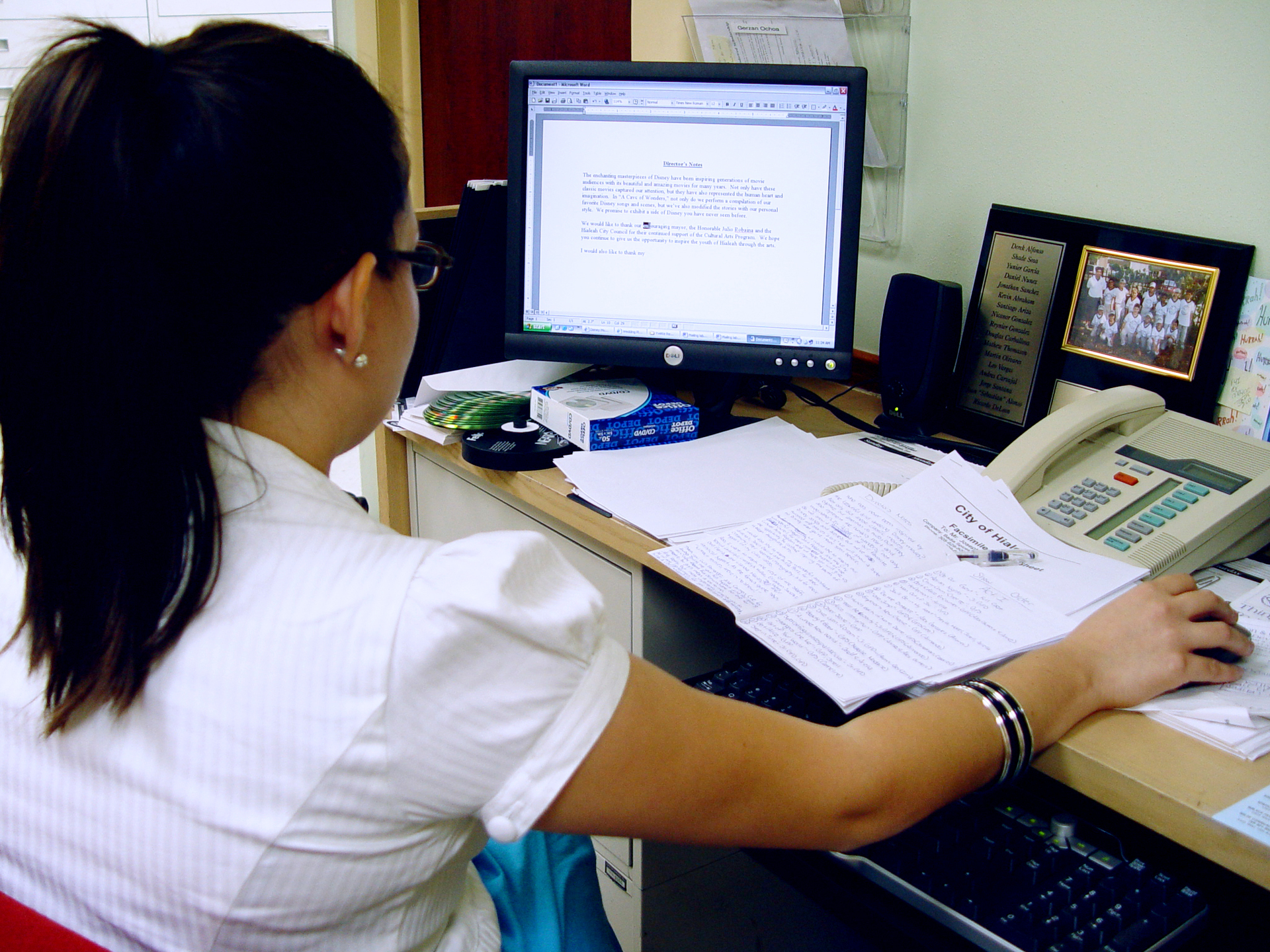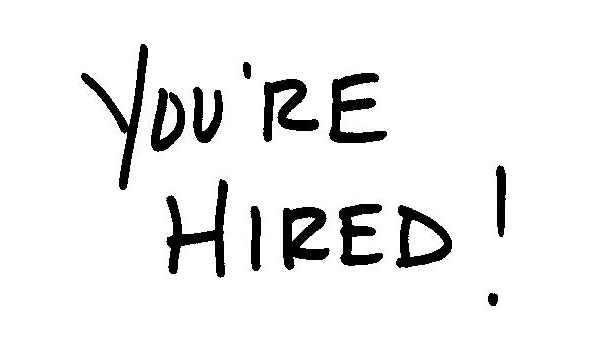If you’ve scored your first tech PR internship this summer, congratulations and welcome to the *dark side (some jargon already!) You’re about to be thrust into the fascinating world of public relations – where people naturally speak their own private language with various business slang and PR lingo. To get ahead of the game and save yourself some assimilation time, here’s a primer on current PR/biz jargon – at least the kind we use in New York tech PR.
PR intern’s guide to agency lingo
*Dark Side – Okay, we in PR take offense to this shady designation. When a journalist decides to transition to public relations, they may say they’re “going over to the dark side.” Truth is, it’s not that dark. PR people and reporters work very closely every day, and are very much in the same business of storytelling.
Air cover – PR pros are not top guns, paratroopers, or bombardiers; air cover refers to media visibility that supplements or helps support more substantial stories — or even other departments’ initiatives. The PR team might pitch some less tailored info about the company for general brand visibility ahead of a new product announcement or a big funding announcement.
Earned media – Interns need to learn this term first, since it’s among the things clients expect from their agencies. As opposed to paying for advertising (or maybe in addition to it), PR pros earn media coverage by pitching stories reporters want to write, and readers/viewers want to see.
Phoner – When we set up meetings or interviews with clients and reporters or analysts, sometimes it’s an in-person discussion, but more often people are too busy for face time, so we arrange a “phoner.”
KPIs – You will see this acronym on proposals or client briefs. It stands for Key Performance Indicators, and it’s how we show we’ve met client performance goals or met a commitment for deliverables.
Boilerplate – If a client asks you or a colleague to create a new boilerplate, they’re not talking about cooking or heating. It’s the final paragraph of a press release that contains background on the company in question. Actually the term originates with metal printing plates of prepared text that were distributed to local newspapers.
Heads down – This phrase does not refer to low self-esteem. But if one of us is up against a deadline and intensely working on a single project, she (usually an upper level person – AAEs don’t have the luxury of such proclamations) will announce that she is “heads down” – meaning give a wide berth and don’t bother her until she arises from her bleary-eyed, hunched over position at her desk.
In the weeds – Particularly in the world of high-tech PR, it is easy to get trapped deep in the details when writing PR content like a byline, white paper, or a media pitch. This refers to the often esoteric, deeply technical aspects of our clients’ offerings. You don’t want to drag tech journalists too deep into the weeds; that’s what industry analysts like Gartner are for. It’s our job to translate the dry, mechanical details into digestible narratives for broader audiences.
Pre-pitch – A new PR intern may know what a media pitch is, and may even know what an exclusive is; but a pre-pitch is an early outreach to media contacts before a piece of news has been officially announced.
Bump! – As a verb, PR people will “bump” a deliverable up the chain of command to get final edits or approval. Often used with a gleeful exclamation point (because the PR pro is so pleased to get a task off her list), it’s a speedy one-word proclamation.
Flag – In your first week working in a PR office, you’ll notice everybody flagging. Huh? Back in my day, flagging meant failing a test – getting an F. But PR agency people often need to flag media stories for clients, either because it may have a negative mention of their brand – or in preparation for reactive media pitching. “Flagging” is also used in media training as a technique to emphasize certain responses to a reporter’s question.
Evergreen – Journalists, marketing, and public relations pros often strive to create a specific type of content that will remain relevant for the long term — evergreen content stays fresh because they cover topics and angles consumers will always be interested in, as opposed to more obscure, timely themes.
UVM – A dewy young intern may think UVM is a prominent college, but UVM refers to the number of unique visitors per month that a news website receives. Interns will hear this on day one and see the acronym constantly when completing coverage recaps or compiling media lists.
Crossing the wire – It sounds like an explosion is imminent; but it’s a routine practice of putting a press release out via a wire service like PR Newswire. “Crossing the wire” comes from a bygone era when news services communicated via electrical telegraphy.
If you’re a new tech PR intern, study the above terms to prepare for that first day. But, sorry to report, while you’re mastering PR office lingo, you will simultaneously need to master the lingo of technology. In our case, it’s adtech; get ready for an acronym tornado: DMP, CDP, iOT, OTT, DOOH… but that’s one for another post. See this earlier post for tips on how to go from PR intern to permanent hire.
Did I miss any interesting PR office lingo? Let us know @CrenshawComm.





